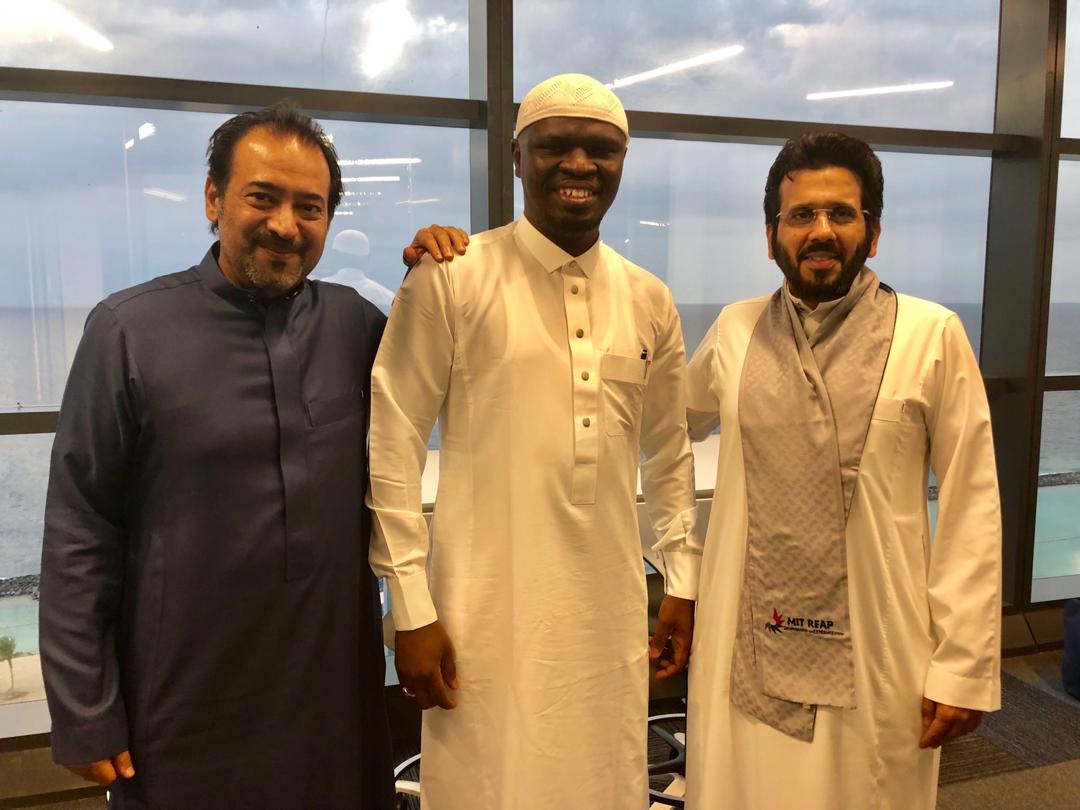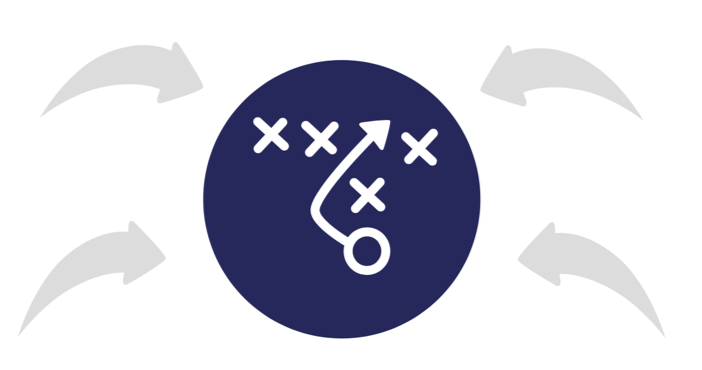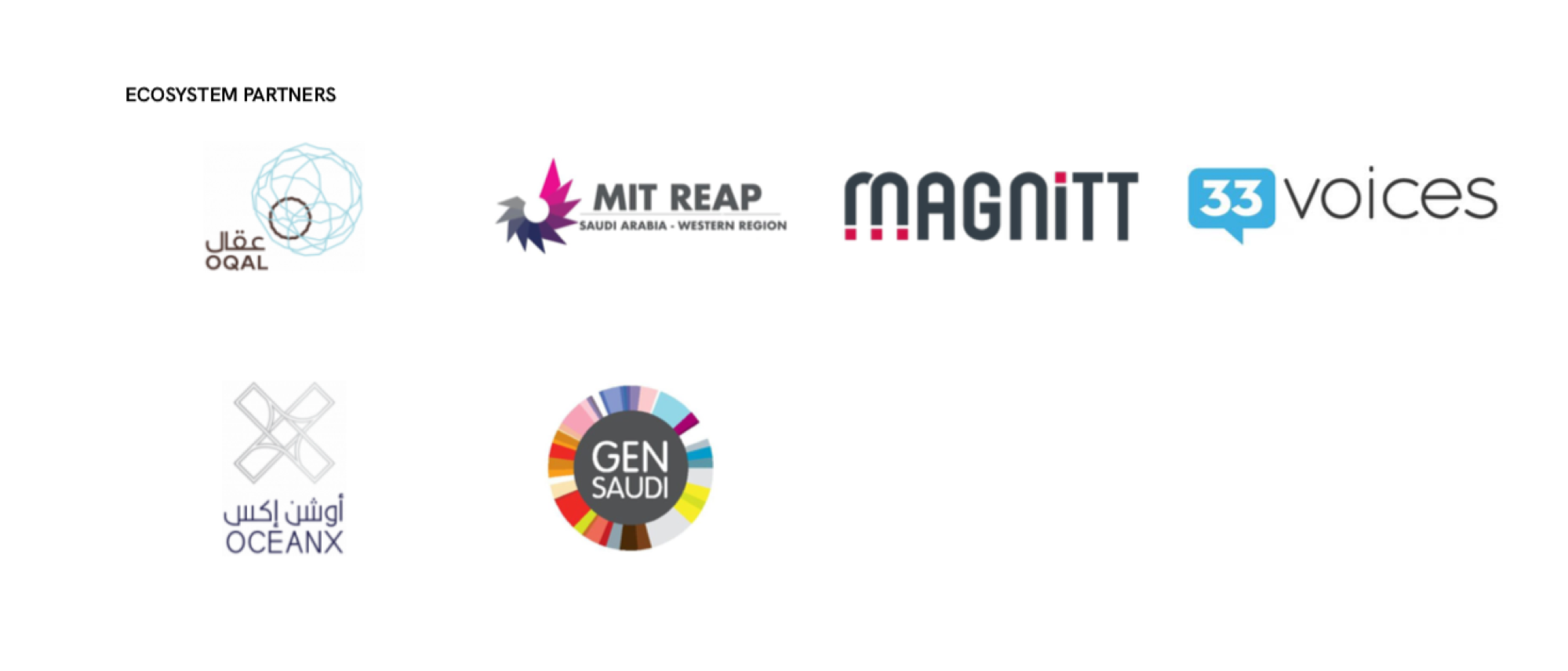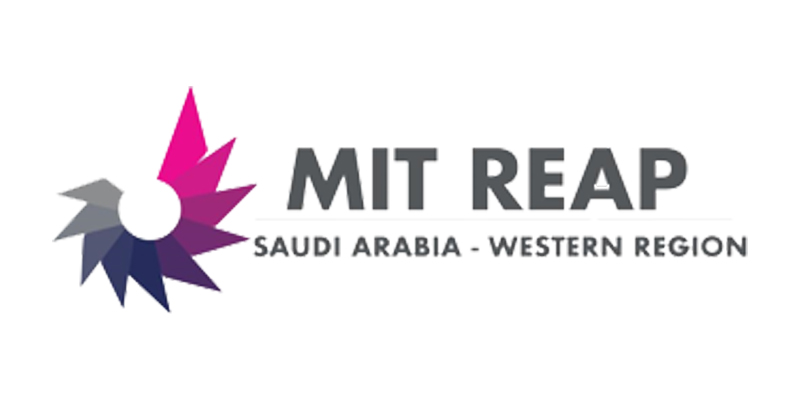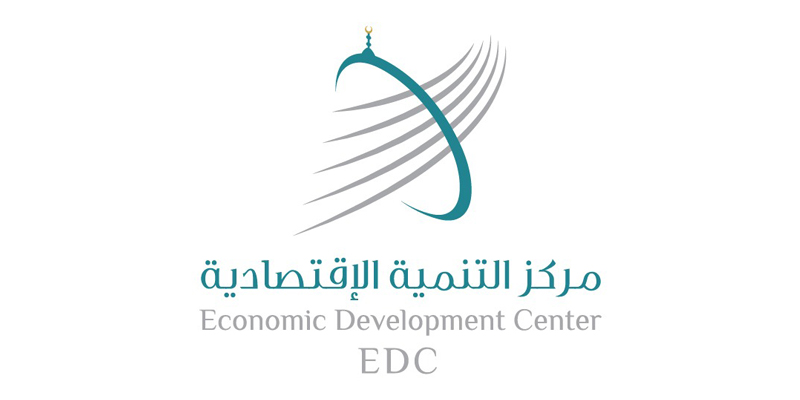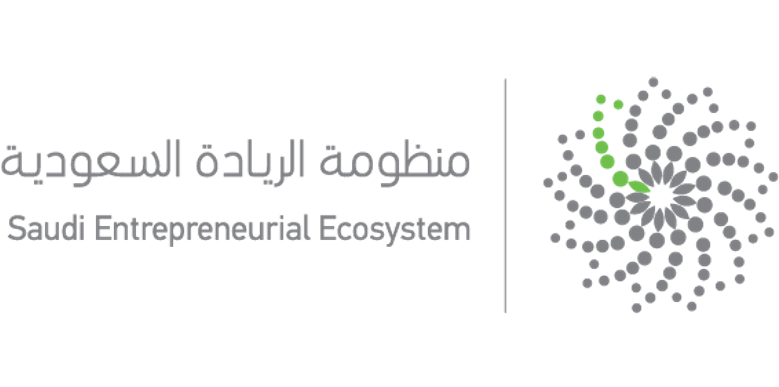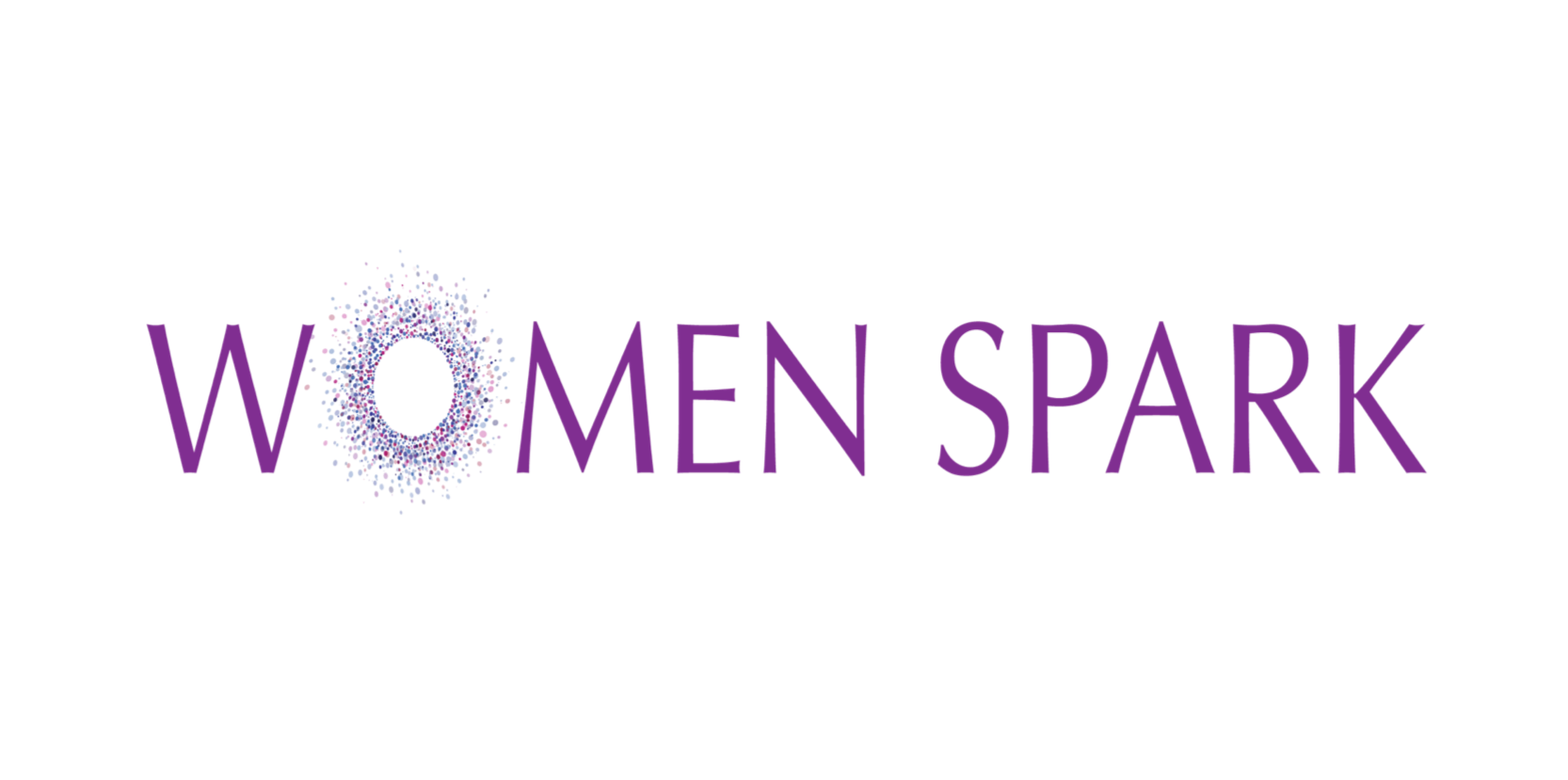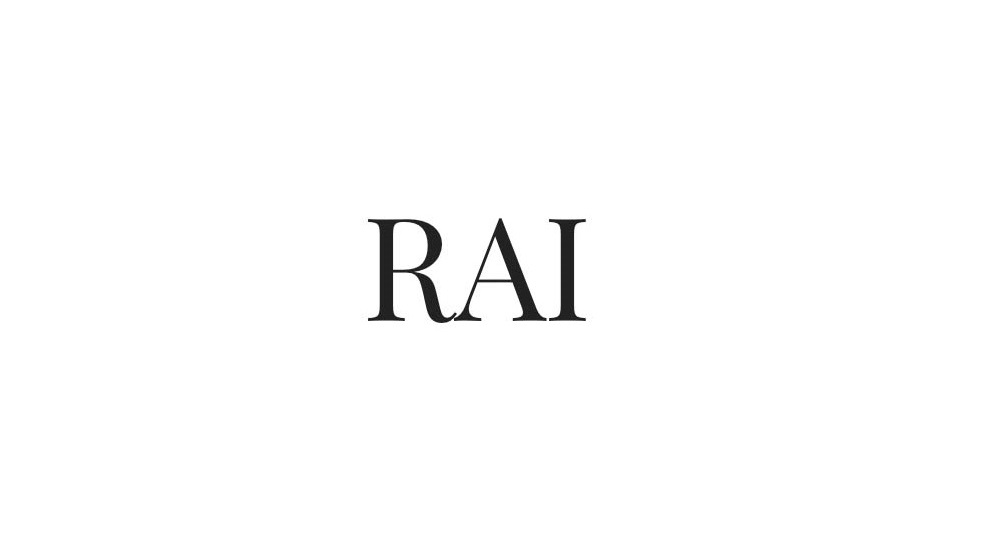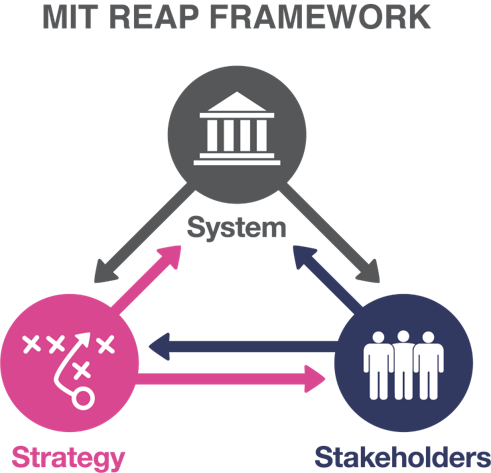
M2Innovate: Rationale
A multi-stakeholder team representing the western region of Saudi Arabia (comprised of Makkah and Madinah) has recently concluded a 2-year engagement in MIT REAP (Regional Entrepreneurship Acceleration Program). The focus of such an engagement was to design and develop a strategy that would serve as a toehold for the development of the innovation and entrepreneurship ecosystem of the respective regions focusing on the comparative advantage of Hajj and Umrah. To sustain such efforts, M2Innovate was conceived of to serve as a convening platform that drives the collective impact geared towards supporting the chief objective of the strategy, which is to “constantly upgrading the quality of services within the Hajj and Umrah sector through cultivating an ecosystem that enables entrepreneurs to create and deliver innovative solutions.
Read more about MIT REAP's approach
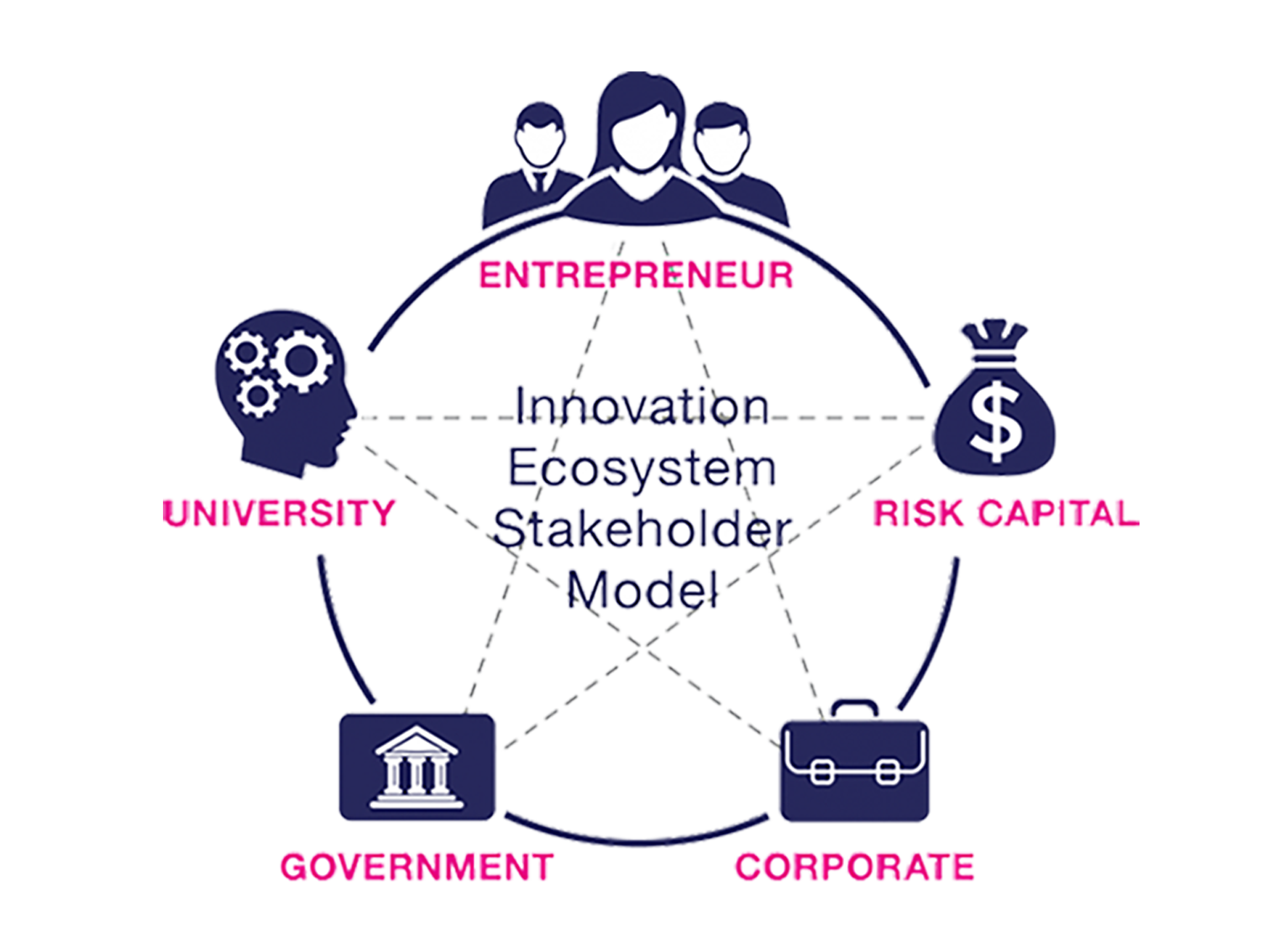

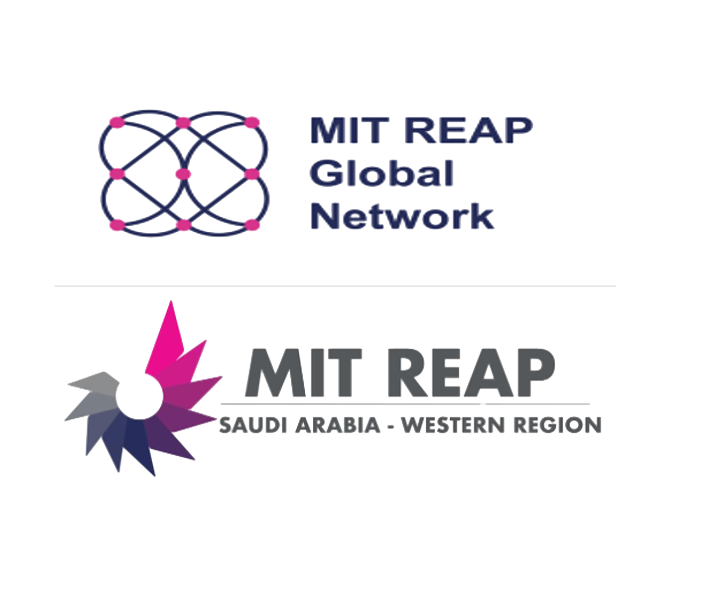


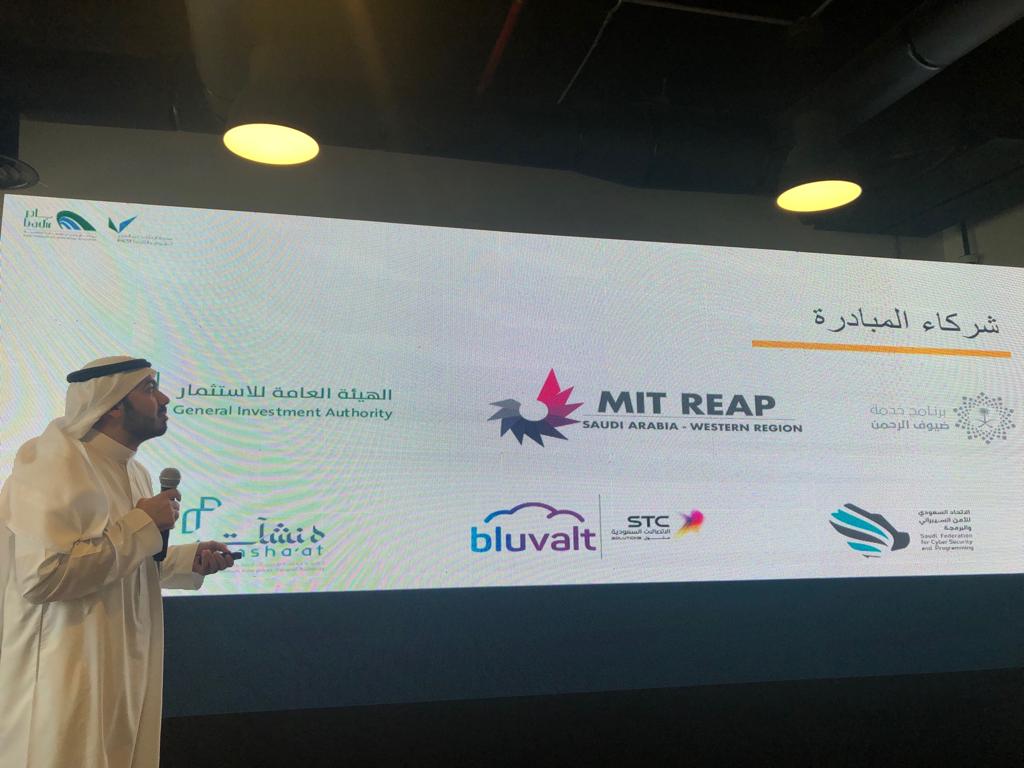
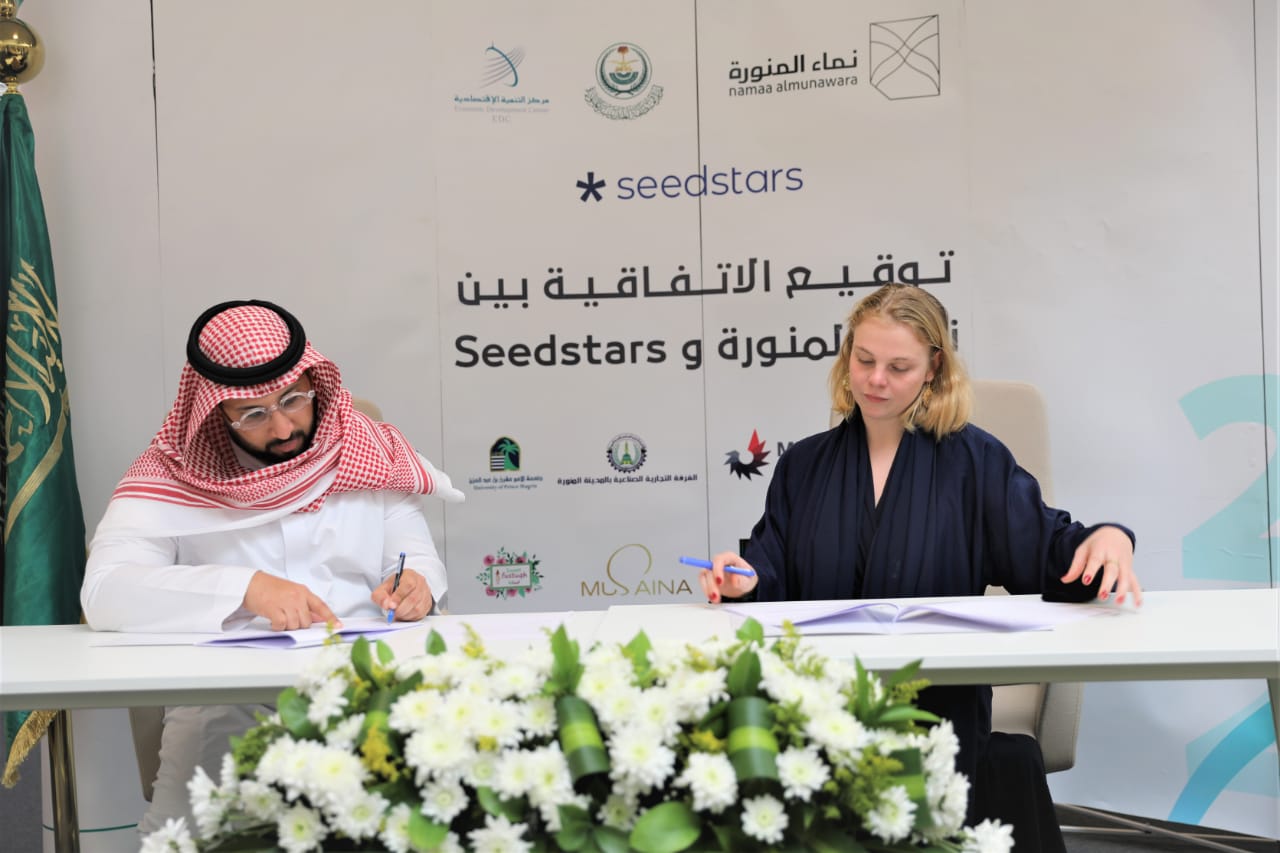
.png)
